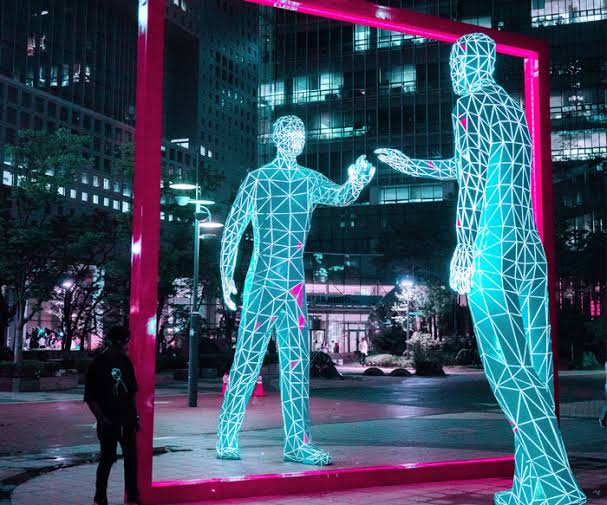By Zion Rufus
It is now a fact of history and a part of our lives that the Coronavirus pandemic brought with it a lot of unprecedented changes to both life and business the world over. Among other things, organizations were forced to either cancel or postpone their B2B exhibitions.
On the other hand, COVID-19 has escalated the importance of meaningfully engaging audiences.
In the pre-pandemic era, B2B event marketers prioritized trade shows, exhibitions, large conferences, and other engaging and promotional activations. Live events are a staple in experiential marketing as it enables marketers to associate their brands in a positive way with customers’ minds by offering unique, shareable, and enjoyable experiences; well-executed experiential activations turn consumers from passive viewers to active participants and also generates audience participation in both offline, online, and mixed settings.
The Experiential marketing strategy is designed to engage consumers and encourage direct participation with a brand and its products. Beyond advertising, experiential marketing aims to allow consumers to experience something tangible, which they will then associate with the brand, such as an exhibition service, or a live interaction.
Experiential marketing creates synergies that improve loyalty, through focusing on providing sensory, emotional, cognitive, and rational values to consumers. Leveraging webinars, online meetings, and other digital events, technology marketers have already pivoted to virtual engagement strategies.
Marketers consider on-ground events as an effective channel to create effective connections with their prospects. They provide firms with an opportunity to gather relevant participant information leading to improved marketing communications. With the pandemic forcing marketers to go purely digital, experiential marketing has developed from solely on-ground activations to a sustainable mix of in-person and virtual events.
With the emergence of blended experience, the future of the experiential industry will be reliant on the ability of brands to create a seamless, and smooth sailing engagement between the in-person experience and the virtual experience marketing to ensure connectivity, participation, entertainment and, most importantly, reach.
This much was stressed by Mr. Otis Ojeikhoa, a leading Nigerian experiential marketing practitioner cum entrepreneur and Managing Director/CEO of Brands Optimal, a foremost experiential marketing agency when in a recent interaction with MARKETING EDGE, he submitted, “Truly, the digital has come to stay; but we can’t entirely scrap in-person experience”.
Thus, experts emphasize that companies should make all touchpoints conducive to building a profitable relationship with their target audience.
In both B2B and B2C industries, companies are beginning to prioritize reaching all the fundamental areas necessary for building a profitable relationship with their target audience, as customers are also beginning to enjoy the freedom of experiencing brands first-hand in innovative ways and at their convenience.






Comment
No comments found.